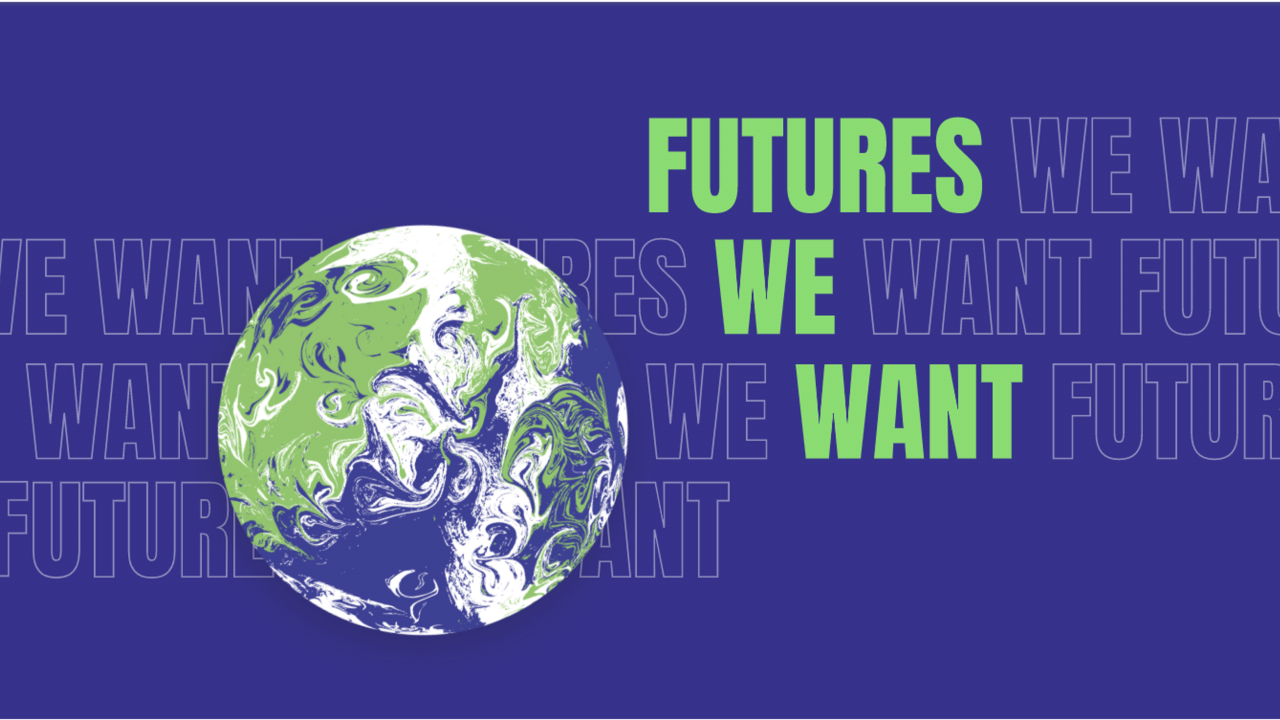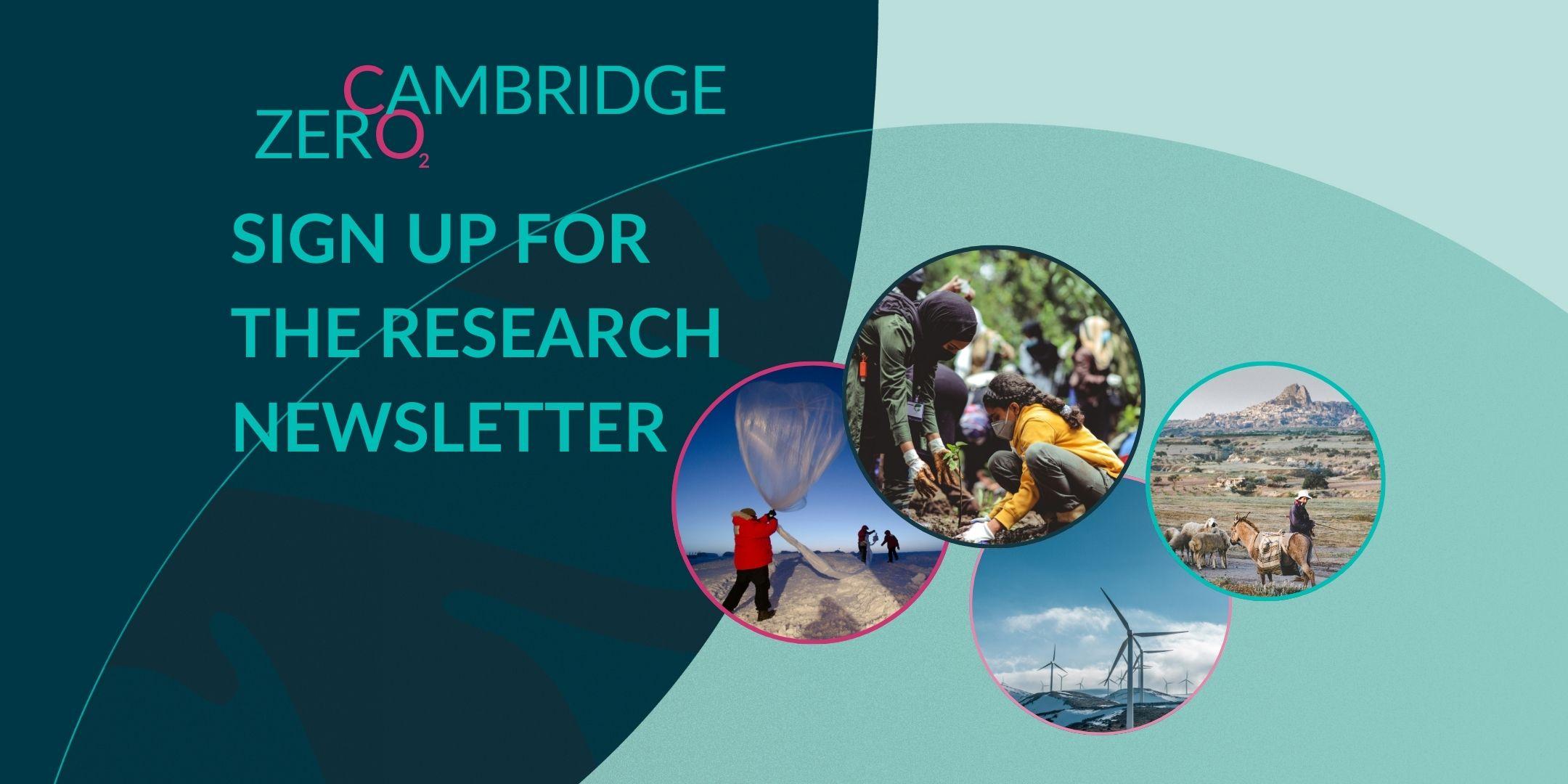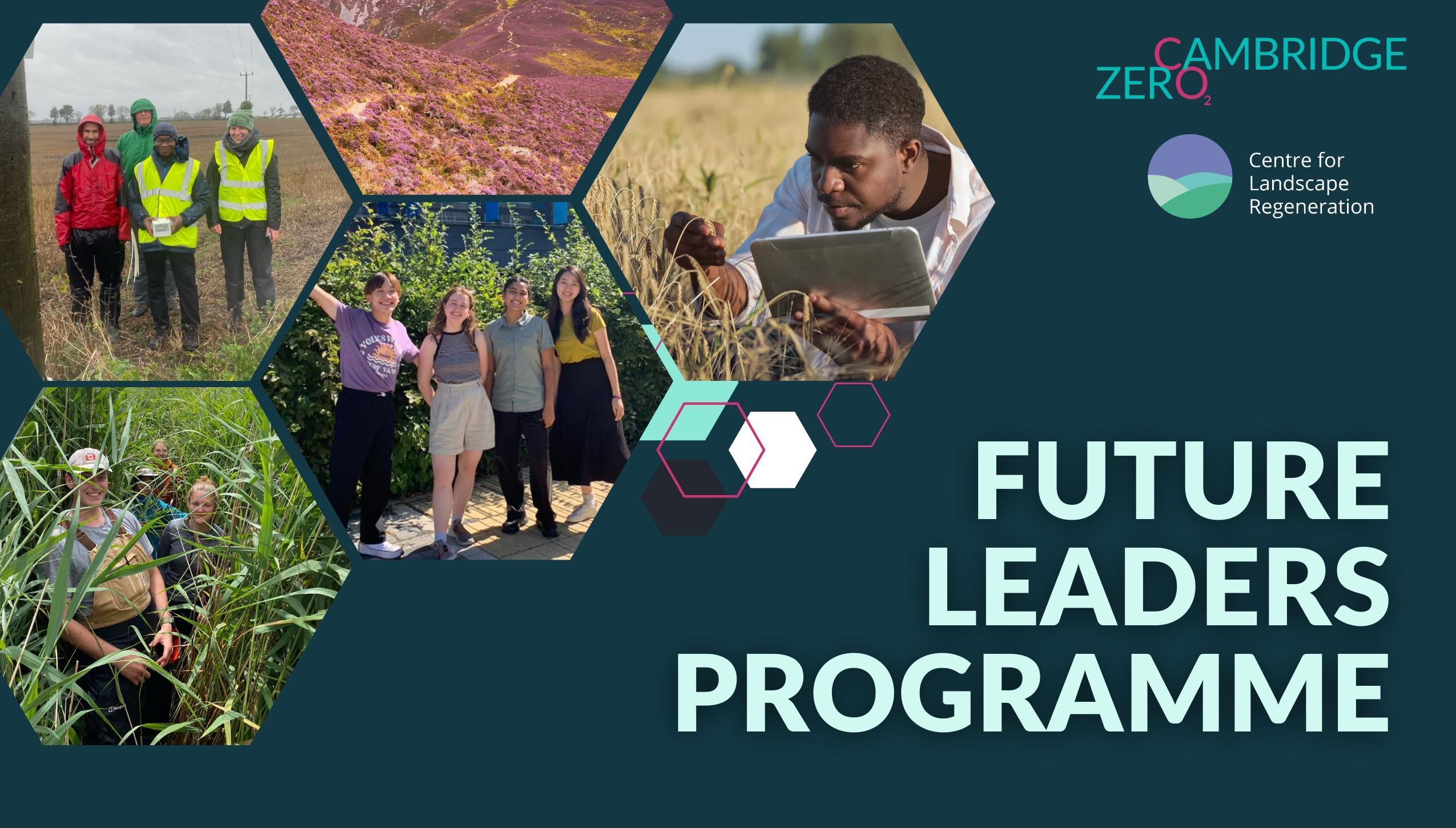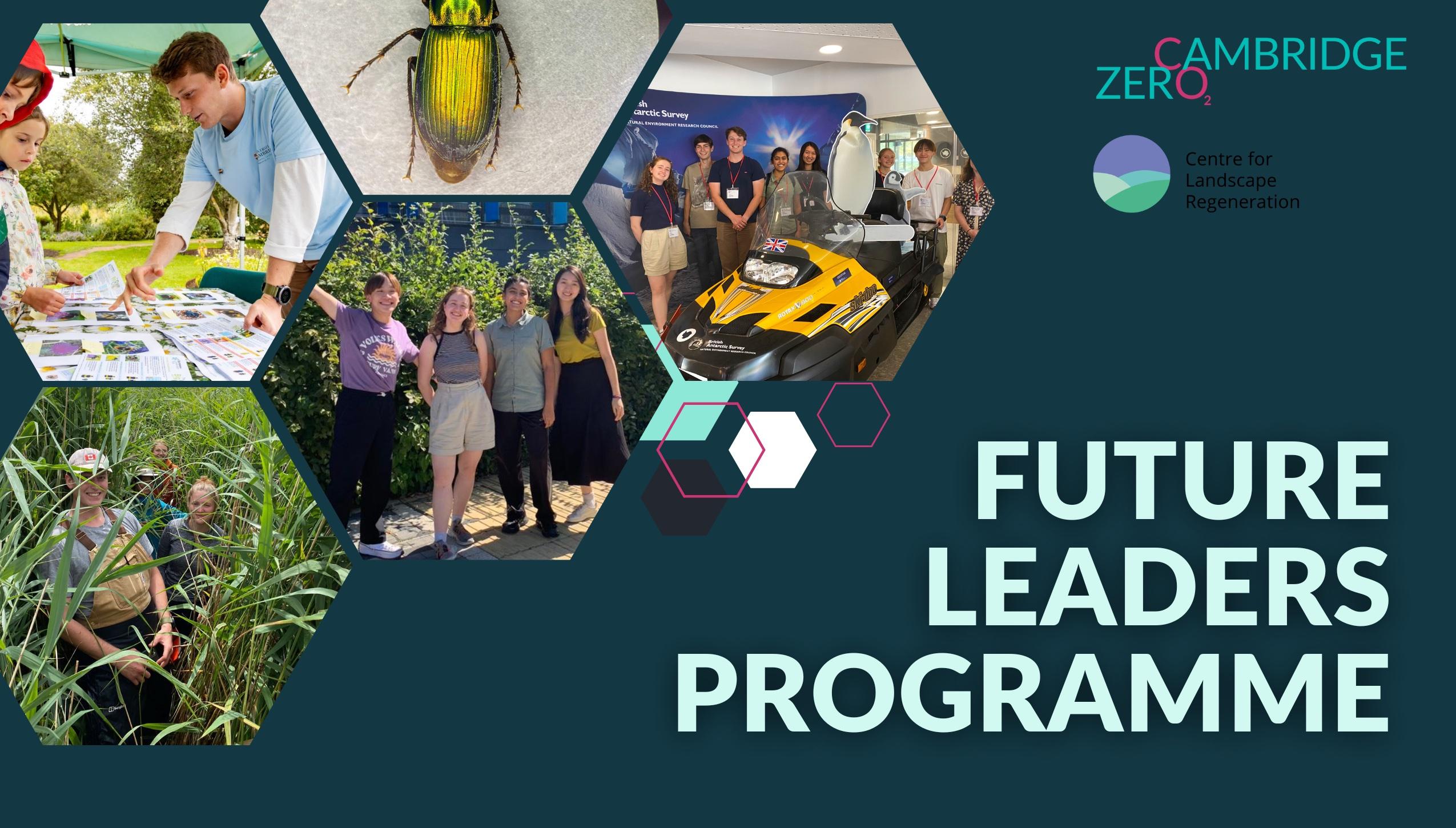The ‘Futures We Want’ project - coordinated by the Department for Business, Energy and Industrial Strategy (BEIS), Deloitte, and Cambridge Zero - brought together teams from around the world and across disciplines to develop ideas for feasible, desirable futures to present at the upcoming COP26 climate conference. Six case study regions - The UK, Brazil, India, Jamaica, Kenya, and the Arabian Peninsula - were chosen by BEIS.
Eight Cambridge-based postdocs were involved with the early evidence-gathering stages of the ‘visions’ process, partnering with local experts on each of the six case study regions to help gather and summarise available evidence. Through online meetings, chaired by Dr Emily Shuckburgh, the local expert teams developed their ideas for the most important climate-relevant themes, economic sectors, impacts and solutions to form the framework for each region’s profile. Evidence included scientific papers, government reports, local news articles, and other grey literature.
The close collaboration with local expert teams throughout the process brought great depth of knowledge, and ensured that ‘visions’ remained focussed on the most important issues for each region. This was a key highlight of the project. Dr Sarah Luke - the postdoctoral researcher working on the Jamaica ‘vision’ – said, “it was fantastic to have the opportunity to work closely with the expert committee, which was made up of climate change experts from around the world”. She added, “the expert committee members had incredibly extensive knowledge, and I learned a lot from the discussions that I was able to join as part of the ‘visions’ project”. Dr Ramit Debnath worked on the India ‘vision’, said he “found the joint meeting with all the experts to be exciting and important for perspective building on the scale of climate change effects across the globe”. He described the ‘visions’ process as “a one-of-a-kind opportunity”.
Debnath specialises in just energy transition in poverty, whilst Luke’s expertise are in ecology, conservation, and habitat restoration. Both found that the ‘visions’ project gave them much broader insights into a range of factors involved in climate change. Debnath said, “it helped me develop a zoomed-out view of the net-zero transition problem. I loved researching horizontally sectors like agriculture, nature-based solutions, electricity generation and so on”, whilst Luke commented that she “learned a lot about problems and solutions across a range of other sectors, including health, economics, and infrastructure”. She added that she “became much more aware of the interconnectedness of so many climate change impacts and vulnerabilities”.
Alasdair Neilson - who worked to identify ‘cross cutting’ themes across the six regions - said that “it has been an honour to help produce these reports and to be a small part of the COP26” and that he was “grateful for the opportunity to be part of the team”. Debnath and Luke also felt pleased to have been involved, with Debnath commenting that he was “glad to be a part of this massive consortium that collectively envisaged a better future for everyone”, whilst Luke added that she was “pleased to have had the opportunity to make a contribution towards the upcoming COP26 conference”.
Neilson hopes that they will “illuminate a way forward by providing a detailed and contextualised vision of what a net zero pathway could look like” and would like the ‘visions’ to “instil urgency, but also hope”.



